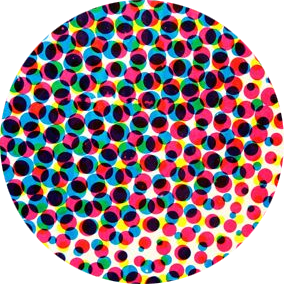Deconstructing Sexual Abuse in “Alias”

The frequency with which female characters in superhero comics confront sexual violence risks making such confrontations a trope—a cliché that’s so expected it becomes invisible. “Alias” makes us notice the trope by deconstructing it. 1/14 #JessicaJones CW: sexual abuse.




Confronted with Jessica’s reluctance to provide further details—a silence that lasts from the end of Alias #17 to the beginning of #18—Scott’s face evokes shock followed by realization before he directly asks Jessica, on the first page of #18, if she was raped. 5/14

Jessica responds to Scott’s question with anger and confusion: “No!! Why would you ask that?” A moment later, she identifies Scott’s question as sexist, declaring, “Such a guy thing to say!! A girl has a secret in her past—she must have been raped!” 6/14

Significantly, Scott’s expression of realization combined with the pervasiveness of sexual abuse tropes encourages readers to share Scott’s assumption. This implicates readers in the reductiveness informing Scott’s assumption and makes them subject to Jessica’s rebuttal. 7/14

Alias further rejects tropes by emphasizing the multifaceted nature of The Purple Man’s abuse, which is not strictly sexual but is gendered & sexualized. It’s also psychological & physically violent; Killgrave robs Jessica’s free will and appropriates her physical power. 8/14

Jessica’s insistence that Killgrave did not have sex with her encourages readers to interrogate the complicated nature of sexual abuse as an act that is at once sexual, violent, gendered, and political, attacking not only a woman’s body but also her claim to subjecthood. 9/14

Alias also presents gendered violence as a society-wide, institutionalized problem. An extended flashback that occupies most of Alias #25 and 26 reveals that following Killgrave’s brainwashing, Jessica was also mistreated at the hands of the Avengers. 10/14

The Avengers brutally retaliate against Jessica while she is in the midst of a nervous breakdown. The attack is depicted as cruel & grotesque, with the exaggeratedly aggressive male Avengers using excessive force to punish a visibly terrified and sobbing Jessica. 11/14

Jessica later reveals to Luke Cage that the physical & emotional trauma she suffered at the hands of the Avengers is the direct reason she retired from superheroics. Moreover, Alias asserts historical precedence for the Avengers’ implication in gendered violence. 12/14

A scene of Jessica receiving inadequate recompense from the Avengers is presented as a direct callback to Avengers Annual #10, in which Carol Danvers/Ms. Marvel confronts the team for allowing her to disappear to another dimension with the rapist who brainwashed her. 13/14

Jessica’s story is painful. But her abuse is not a plot device furthering someone else’s story, and can’t be brushed away. And with the help of other women and the intersectional empathy of Luke Cage, there is healing. We’ll discuss that in our next thread. 14/14
